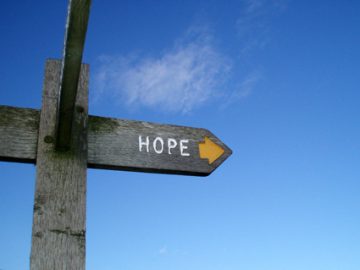– Lisa Ridgway
My name is Lisa Ridgway and I am a patient partner with the NINET lab at UBC. All the great people that work there, Dr. Fidel Vila-Rodriguez, and I have three things in common. First, we all believe that rTMS works as an effective, non-invasive treatment for many people who have mental illnesses. Second, we believe that the research conducted at the NINET lab must be patient-oriented. Third, we know there is hope for people with mental illnesses.
I became a patient partner with the NINET lab in a random but purposeful way. I had rTMS in 2017 at the Royal Jubilee Hospital in Victoria. My treatment lasted 40 days over Christmas and New Years. I was one of only a handful of patients to receive rTMS in Victoria before the program was shelved. The rTMS treatment helped me because it was like a single log coming out of a logjam, and it opened up a river of hope for me to follow to become well. Fast forward to a random twitter comment, Dr. Vila-Rodriguez (as a clinician and academic researcher) and I (as a patient partner) were linked by that same strong sense of hope.
I am well today because I have hope.
Hope can come in many ways to a person struggling with mental illnesses. A great psychiatrist, like Dr. Wei-Yi Song at Royal Jubilee Hospital, helps a lot as it was Dr. Song who signed me up for rTMS. Supportive family and friends held me close while some others nervously shied away from my illness.

I struggled to eat but learned that physical exercise helped my appetite.
I hoped for the best, and I was true to a strict drug regime.
I developed good sleep habits.
I went to the psychiatric day hospital at Royal Jubilee for 9.5 months.
Over time and with hard work I have become well.
How does one patient evolve into a patient partner?
I became interested in research about mental illnesses and recovery tools for a simple reason – because it is advancing the care and outcomes for people with mental illnesses. I also know I became well because the health care system invested in me, including the rTMS treatment. Now I can give back as a patient partner.
I am a lawyer by training, and now a mental health advocate by design. But other things were accidental, like being in the right place when rTMS was available at my local hospital. And now I collaborate at the NINET lab doing patient oriented research. A single patient partner and a single academic researcher/clinician alone can’t solve the mysteries of mental illness. But together with the committed people at the NINET lab we move together towards a solid horizon line of hope. We move towards an effective and lasting treatment for mental illness where rTMS is available to everyone, anywhere in British Columbia. A place where people can get well and stay well.
If you would also want to become a patient partner with the NINET lab, contact ninet.lab@ubc.ca.